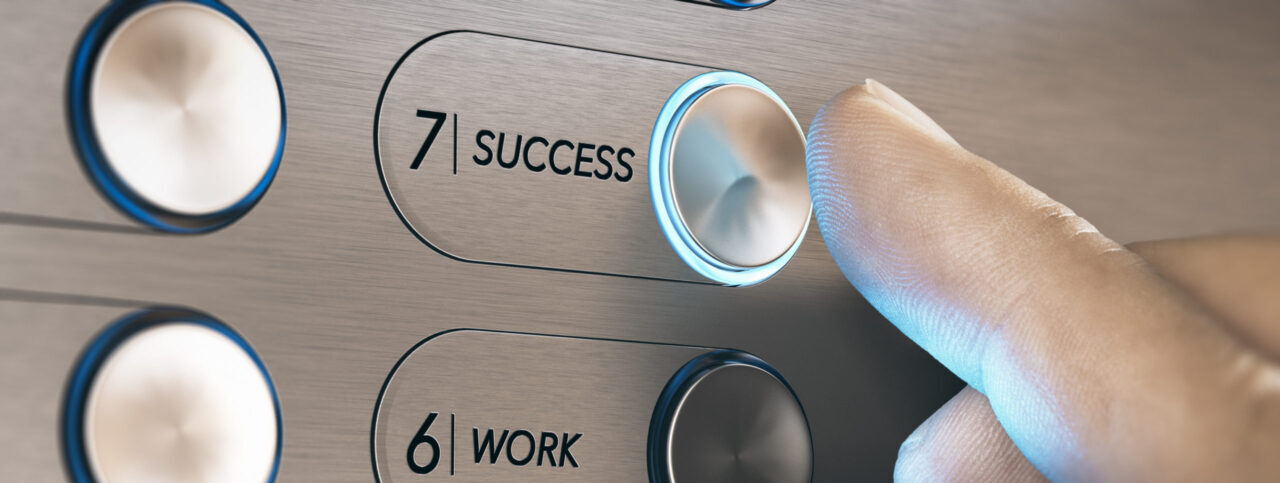Jordan interviews Shane Johnson, Sales Vice President at Aerin Medical. They discuss Shane’s history in the startup environment.
Continue reading
About the episode
- EP. 1.8
- • December 3, 2020 •
- 31:47
Jordan interviews Shane Johnson, Sales Vice President at Aerin Medical. They discuss Shane’s history in the startup environment and how he was able to find success with multiple companies. Shane also details what appeals to him about the “high-risk, high-reward” culture around starting a new company.
Want to stay in the loop?
Subscribe to get the latest updates, podcasts and blog posts.
"*" indicates required fields









